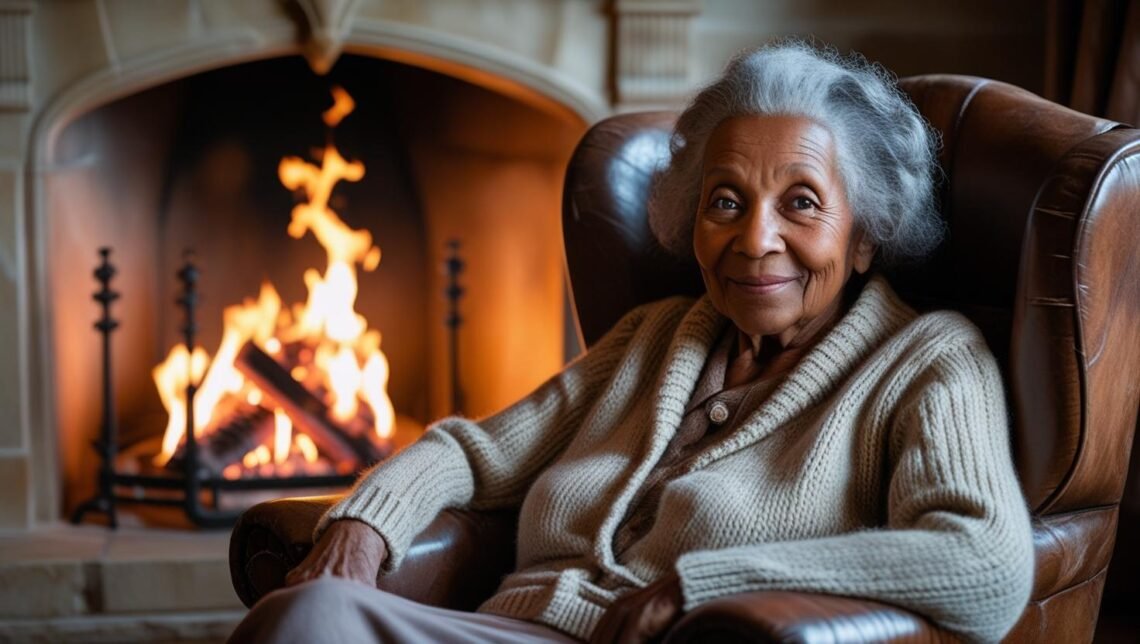On Being Where One Is, and Nowhere Else
I have often suspected that the most radical thing one can do these days is to show up fully. Not just in body, anyone can loiter, but with attention, awareness, and, heart. Presence, true presence, has become something of a lost art. Like letter writing, or ironing trousers properly.
You may have noticed, as I have, how easily we manage to be elsewhere. We are physically at the table, but mentally rearranging our inbox or worrying about whether we left the oven on (we didn’t, but the worry remains devout). We speak to one another while glancing sideways at screens, or glancing inward at anxieties yet to happen. Even in conversation, we queue up replies instead of listening. We multitask with pride, as if being divided were somehow a virtue.
But here’s the paradox: in trying to be everywhere, we end up being nowhere at all.
Now, presence is not merely a matter of proximity. You can sit next to someone on a train and be more distant than if you were across the ocean. Likewise, I have had moments of piercing closeness with a friend while saying nothing at all, just sharing a cup of coffee and a small silence between us, the sort that hums with mutual understanding.
I once attended a dinner party at a friend’s home. The company was fine, the wine even finer, but what I recall most vividly was a conversation I had with an elderly woman seated beside the fireplace. She asked how I was, and I—more out of habit than honesty—replied, “it’s been a busy time” She tilted her head, looked me square in the eye, and said, “Yes, but are you here?”
The question unnerved me. Not least because, at that very moment, I had been mentally composing a reply to an email I hadn’t yet received. She, on the other hand, was entirely there, present, alert, warm as the fire beside her. That single question lingered longer than the wine.
To be present is, I believe, to pay exquisite attention, in the same way a gardener tends a plant, or a grandparent watches a child sleep. It is a kind of hospitality. We welcome the moment in, hang up its coat, and offer it a chair. We allow what is happening, this conversation, this bite of bread, this breeze through the open window, to be enough.
Of course, presence takes practice. The mind is a most energetic traveller. It darts into the past to mend old quarrels, then charges into the future to catastrophize next Tuesday. But the present moment, it waits patiently for us to notice it. Like a dog beside the door, tail thumping softly, wondering if we’ll ever look up.
There is something sacred in presence, something quietly subversive. It resists the tyranny of productivity. It refuses the illusion that life is always somewhere else. It teaches us to inhabit time, rather than consume it.
I sometimes wonder: what if presence is love in its simplest form? Not performance, not sentiment, just the dignity of attention. To look at another human being and, without saying as much, say: I see you. I am here.
In a world of distraction, to be present is an act of devotion. To say, without fanfare or flourish: this moment matters. You matter. I am not elsewhere, I am with you.
So let us practise the art of presence. Let us arrive where we are. Let us place our attention like a candle on the table, and let it burn steadily, even quietly, through the noise.
And if, by chance, you find me distracted, please remind me, gently. Perhaps with the same question asked by that wise woman by the fire:
“Yes, but are you here?”





